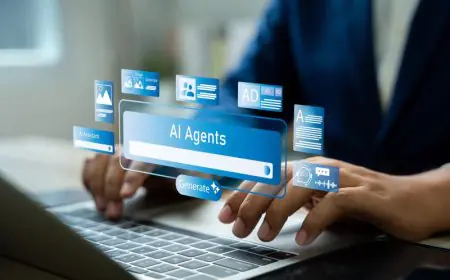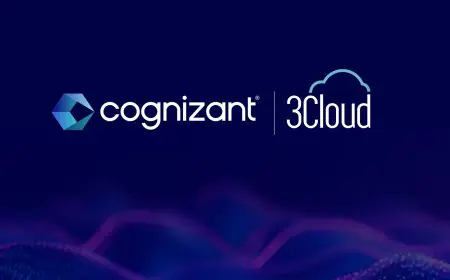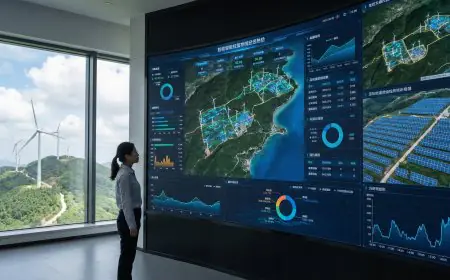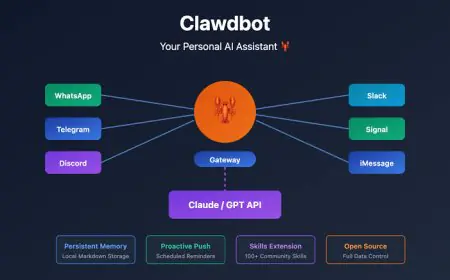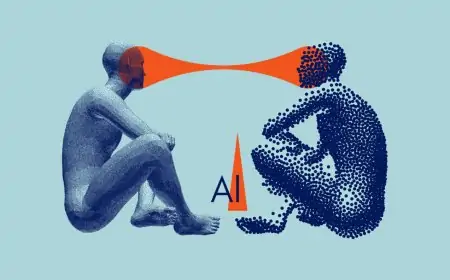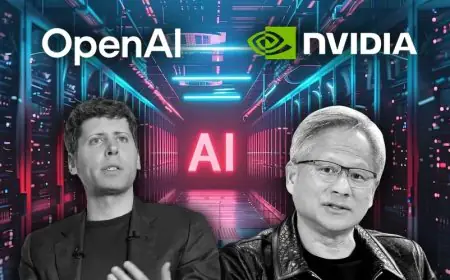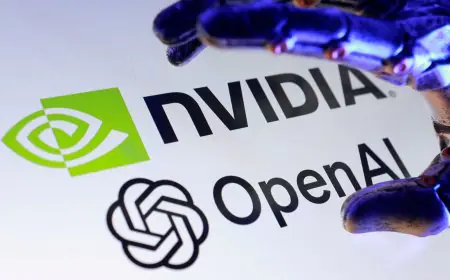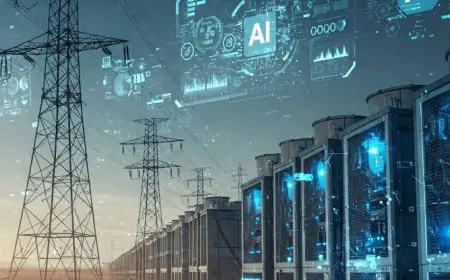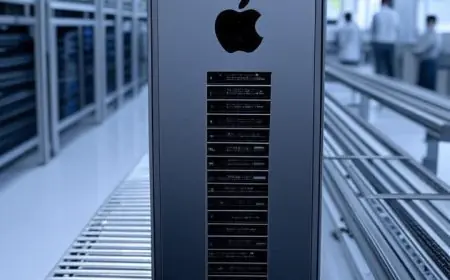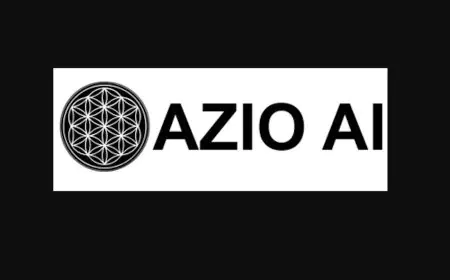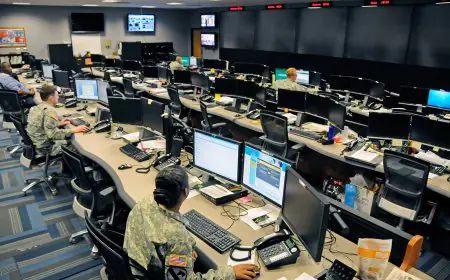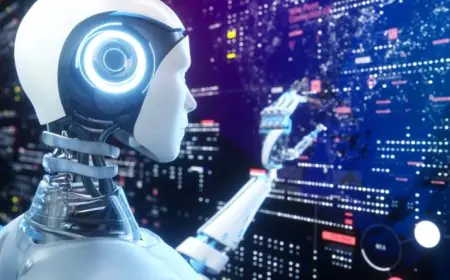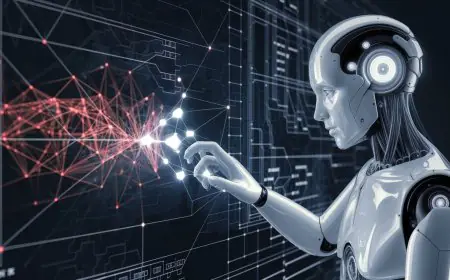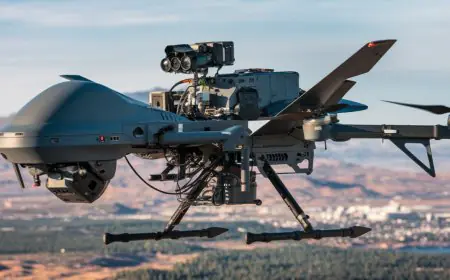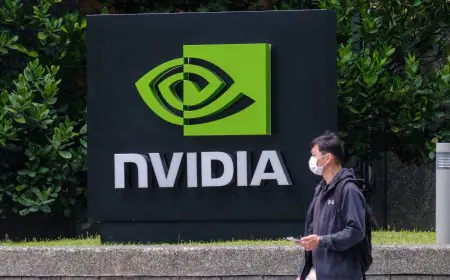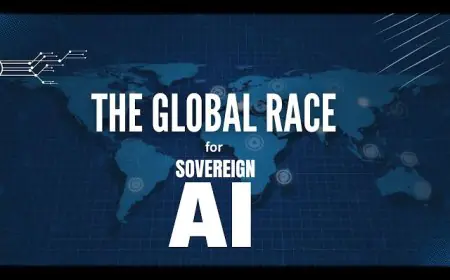Unloading the Future Unveiling AI Advancements Beyond 2025
Explore the transformative journey of AI beyond 2025, from autonomous agents to multichannel capabilities.

Unloading the Future: Unveiling AI Advancements Beyond 2025
As we stand on the cusp of 2025, artificial intelligence (AI) is poised to embark on a transformative journey, leaving behind the simplicity of chatbots and entering a realm of sophisticated autonomy. The year ahead promises to be a pivotal moment for AI, with far-reaching implications for both the economy and society. Let's delve into the key insights that will shape AI advancements beyond 2025.
From Chatbots to Autonomous Agents
The evolution of AI is not merely a technological upgrade; it's a paradigm shift. By 2025, we can expect AI systems to advance from basic chatbots to sophisticated autonomous agents capable of managing complex tasks like scheduling, software development, and even intricate operational roles traditionally held by humans. These agents will serve as virtual collaborators, increasing productivity and efficiency across various sectors. However, this evolution also raises crucial questions about the accuracy and reliability of AI in high-stakes environments, necessitating robust frameworks to mitigate potential errors in real-world applications [1].
The Rise of Multichannel AI
Traditional text-based interactions are giving way to a more dynamic landscape, where AI is integrating across multiple channels. Voice, images, videos, and direct on-screen actions are becoming integral parts of AI's operational toolkit. This multichannel capability is transforming how we interact with AI, making it an operational tool rather than a confined environment limited to a single input/output format [4]. As AI ventures into new frontiers, its adaptability and versatility will redefine how we leverage visual data in various applications.
AI's Impact on National Security
AI has emerged as a critical national security concern, compelling governments to establish stringent regulations. The European Union is at the forefront of global AI governance with its AI Act, setting a comprehensive regulatory framework for ethical AI development and deployment. In contrast, the United States is lagging behind with federal regulations, opting for state-level innovations instead. This divergence in regulatory landscapes could significantly influence international trade and technology exchange, impacting both the pace of AI development and its deployment across markets [1].
The Year of Reckoning for AI Investments
As AI becomes a ubiquitous presence, companies are facing increased scrutiny to justify their AI-related expenditures. The coming year is expected to be a 'year of reckoning' for AI investments, particularly in high-stakes sectors like healthcare. Demonstrating tangible value from AI technologies will be paramount. This pressure could lead to a significant market correction, reassessing the value and capabilities of various AI-driven solutions. Investors and companies alike must navigate these challenges while harnessing AI's potential benefits [1].
AI's Role in Content Marketing
AI is revolutionizing content marketing by transforming search behavior and SEO strategies. Real data from recent surveys and agency experiences highlight the increasing correlation between Google rankings and AI tool recommendations [2]. Despite the challenges with AI-generated content quality and precision, content remains crucial for visibility in both Google and AI tools. Marketers are leveraging AI tools like ChatGPT and Gemini to generate ideas and create outlines that keep readers engaged. The future of content distribution is shifting towards more dynamic formats, such as Twitter articles and LinkedIn posts, where AI will play a significant role in speeding up content creation and distribution.
AI Video Generation: The New Frontier
AI video generation technology is poised to go mainstream thanks to groundbreaking advancements from Google and OpenAI. These technologies promise unprecedented capabilities in generating high-quality, realistic videos, which will redefine how we integrate visual data into various applications. From entertainment and education to professional services, AI video tech will enable real-time analysis and content creation, transforming the way we consume and interact with visual information [1].
Cybersecurity and Edge Computing
The year 2025 will also see significant advancements in AI-based cybersecurity operations. AI systems will play a crucial role in edge computing, empowering business decision-makers to make informed security decisions. This integration of AI into cybersecurity will enhance operational continuity and facilitate rapid recovery, minimizing downtime. As industries like manufacturing and agriculture continue to adopt AI-powered robotics, productivity will increase, and waste reduction will become more efficient [3].
Looking Ahead
As we embark on this transformative journey with AI, it is clear that the future holds immense potential and significant challenges. By 2025, we can expect AI to become deeply rooted in various sectors, serving as a tangible support for productivity, customer experience, and service enhancement. The integration of AI across multiple channels, its impact on national security, and its role in content marketing are just a few of the key insights that will shape the landscape beyond 2025. As we navigate this new era, it is essential to harness AI's potential while addressing its ethical and regulatory implications.
